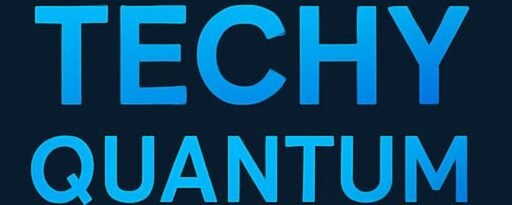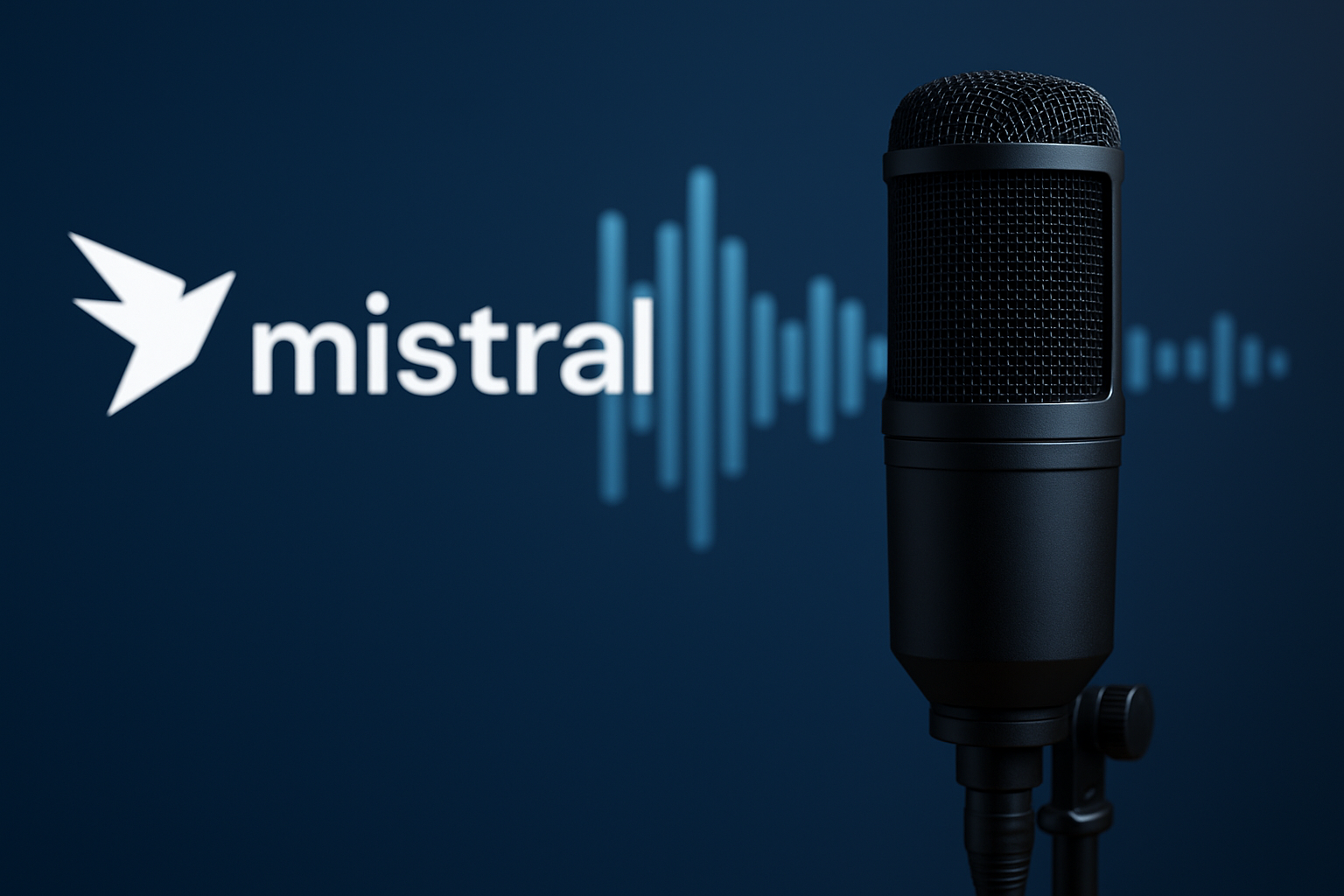In a digital world where interaction with machines is rapidly shifting from text to voice, the release of Voxtral AI audio model by French startup Mistral has sparked widespread attention. This open source speech generation model stands in stark contrast to proprietary offerings from tech giants like OpenAI and Google, introducing much-needed transparency and collaboration in the booming field of audio AI.
The focus keyword Voxtral AI audio model underscores a critical shift speech based AI is no longer the domain of closed ecosystems. With Voxtral, Mistral aims to democratize voice interaction and push the boundaries of what open source AI can achieve.
Breaking Down the Voxtral AI Audio Model
Unlike closed systems that restrict user control, Voxtral AI audio model is fully open-weight. This means developers, researchers, and innovators can inspect, modify, and improve the model, encouraging a broader ecosystem of innovation. It supports high fidelity speech synthesis, multilingual capabilities, and expressive intonation features often hidden behind corporate APIs in mainstream models.
Multilingual and natural speech generation, Support for emotional tones and dynamic speaking styles, Low latency inference for real time use cases, Lightweight enough for local deployment.
Mistral’s move offers an alternative to centralized AI control, empowering independent creators and businesses.
Why Open AI Models Like Voxtral Matter
Dr. Elisa Fontaine, an AI ethics researcher at Sorbonne University, highlights the importance of this release, “With the Voxtral AI audio model, we’re seeing an essential step toward transparency in AI. It not only enables academic exploration but also provides safeguards against misuse, as the community can scrutinize its design and behavior.”
Dr. Fontaine points out that open models are crucial for testing AI robustness, inclusivity, and fairness something often overlooked in closed systems.
Empowering Local Language Preservation in Senegal
One powerful application of the Voxtral AI audio model comes from an open source collective in Senegal aiming to digitize Wolof, a local language at risk of disappearing.
Using Voxtral’s multilingual training architecture, the collective trained it on regional dialects. The result? A responsive voice assistant that speaks Wolof, helping children learn in their mother tongue a feat no commercial tool supported.
This case illustrates how open source AI empowers underserved communities in ways centralized tech never prioritized.
A Developer’s Journey with Voxtral
Jean Marc Lefevre, a French indie developer, shared his experience working with Voxtral AI audio model in a LinkedIn post that gained thousands of shares, “I was tired of paying huge monthly bills just to test voice features in my indie game. Then I discovered Voxtral. Within a weekend, I had my characters speaking French and English with emotion. And best of all, it runs on my local server no cloud cost, no gatekeeping.”
Lefevre’s story resonates with thousands of developers globally who often feel locked out by the pricing and restrictions of commercial APIs. Voxtral offers them freedom to create, tinker, and deploy on their own terms.
Mistral’s Strategy and Its Global Impact
Mistral’s move to launch Voxtral AI audio model isn’t just about speech it’s a strategic signal. While competitors are investing in closed loop ecosystems (like Apple Intelligence and Google Gemini), Mistral is betting on the power of open collaboration and decentralized development.
By releasing the weights, training parameters, and even sample datasets, Mistral encourages a community driven improvement cycle. This can lead to, Faster bug discovery, Cultural diversity in model use, Reduced bias through global input, Integration with local infrastructure (without cloud dependence).
It also builds trust in an era where many fear AI systems are becoming black boxes controlled by elite corporations.
The Future of Open AI Audio: Where Does Voxtral Lead Us?
The Voxtral AI audio model is a crucial step toward more equitable AI access. As voice becomes the dominant interface in smart homes, virtual assistants, healthcare, and education, having control over speech AI is as critical as owning your own data.
Artists can voice digital avatars without licensing barriers, Educators in developing countries can use speech tools in native languages, Startups can integrate voice features without burning budgets.
The ripple effect is massive. Voxtral has already been cloned, retrained, and improved by developers in Germany, Brazil, and India all within days of its release.
Mistral Sparks an Open Voice Revolution
The Voxtral AI audio model is more than a technical product it’s a philosophical stance. In a world increasingly defined by AI, who owns the voice matters. Mistral has taken a stand for openness, community, and innovation beyond borders.
By choosing to share instead of hoard, Voxtral invites a future where machines speak not just with power, but with shared purpose.


1 thought on “Mistral Launches Voxtral AI Audio Model: Open Source Speech Tech Set to Disrupt the Industry”